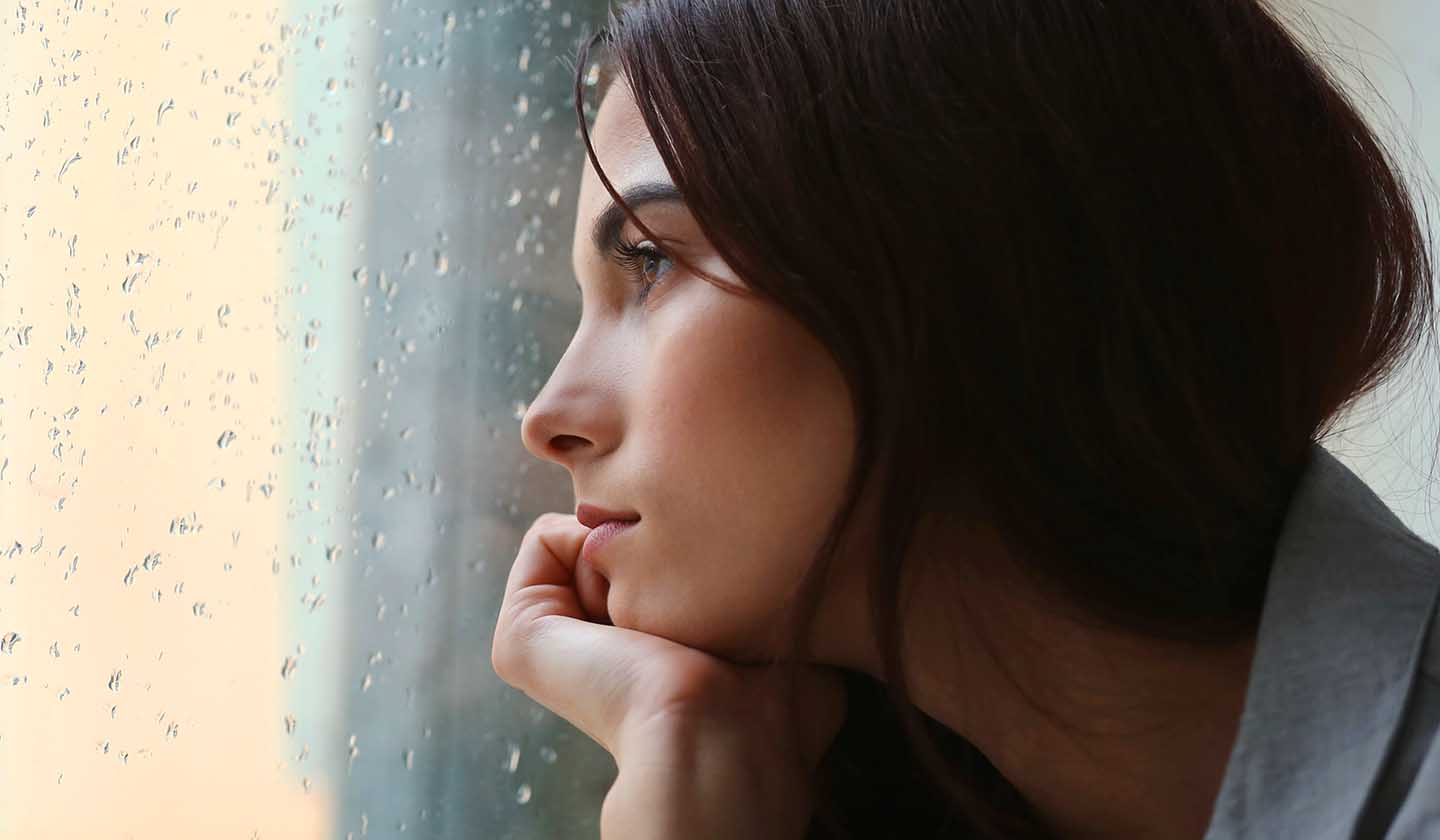Prevention
No sunshine, no vitamin D

Nowadays we hear a lot about the disadvantages of sun exposure as it can lead to skin cancer and photoaging. However, it is also through sun exposure that our bodies are able to produce vitamin D. There are several types of vitamin D, but the main ones are D2, which is obtained through food, and D3, which is synthesized by our skin.
Vitamin D is essential for maintaining healthy bones because it promotes calcium absorption in the intestines.
It also plays other important roles in our body, namely in our immune and neuromuscular systems, in addition to being important in combating depression, diabetes and heart diseases.
Because vitamin D strengthens our immune system, recent studies suggest that there is a relationship between vitamin D deficiency and the likelihood of contracting Covid-19.
Another way to obtain the necessary amount of vitamin D is through the use of food supplements.
In Nordic countries, where the sun doesn’t rise during winter months, the use of food supplements rich in vitamin D has become an habit as the people living in these countries doesn’t get the amount of sun exposure necessary to produce the required quantities of vitamin D. Despite being more exposed to the sun, the fact that we spend most of our days in closed spaces makes it impossible for us to take advantage of this beneficial effect of the sun.
The period of the day during which we should be exposed to the sunlight is contradictory; we are told to avoid sun exposure between 12 a.m. and 4 p.m., but it is during that period that the effective production of vitamin D occurs, if we are exposed to the sun.
Unprotected sun exposure of the face, legs, arms and back is recommended for 5 to 30 minutes, twice a week, in order to achieve the recommended amount of vitamin D.
Darker-skinned individuals need longer periods of sun exposure in order to obtain the same amount of vitamin D as lighter-skinned individuals.

Who is at risk for vitamin D deficiency?
-
Breastfed babies
-
Seniors
-
Individuals with limited sun exposure
-
Dark-skinned individuals
-
Individuals with intestinal diseases, who may suffer from malabsorption of vitamin D
-
Obese people
Prevention and treatment
- Eating foods rich in vitamin D:
-
-
Oily fish - sardines, salmon, mackerel
-
Red meat
-
Eggs
-
Fortified milk
-
Liver
-
-
Use food supplements
-
Moderate and controlled sun exposure

Tips for staying safe in the sun
-
Use sunscreen above SPF 30
-
Apply 30 minutes before sun exposure.
-
When you go to the beach or swimming pool, reapply the sunscreen after swimming, even if your sunscreen is water resistant.
-
Also, when the weather is cloudy, you should apply sunscreen, as it is equally dangerous.
Sources
iSaúde
Farmácia Distribuição Magazine
Também lhe poderá interessar
Supplements
Vegetarian? Of course you can, but pay attention to the nutritional balance
Prevention






